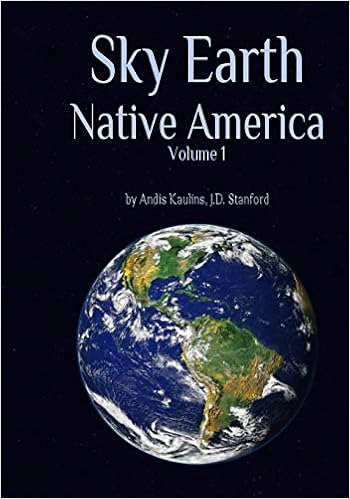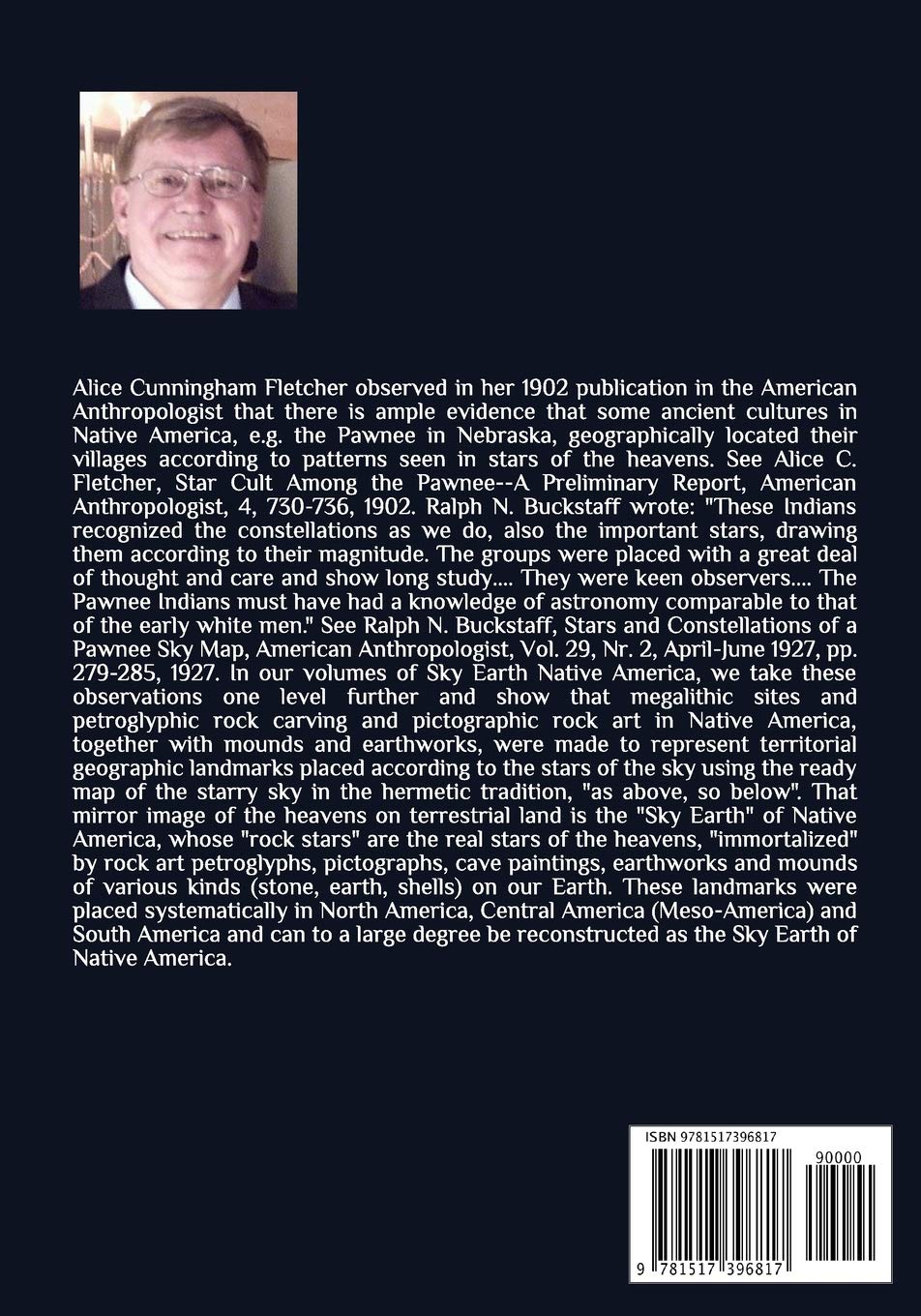We are a bit late on this but we wanted to see the mainstream reaction.
Cecelia Kang reports for the New York Times that
Court Backs Rules Treating Internet as Utility, Not Luxury. An image caption
there quotes Tom Wheeler, chairman of the Federal Communications Commission (FCC), as saying that "
the court’s ruling would “ensure the internet remains open, now and in the future.”"
The "
divided" 2-1 decision by the D.C. Circuit Court in
U.S. Telecom Association v. FCC is a no-brainer for many Internet savvy persons.
Earned applause goes out to the majority judges in the case, David S. Tatel and Sri Sinivasan, while dissenter Senior Circuit Judge
Stephen F. Williams (Harvard Law 1961, age 79) should perhaps consider retirement, having written an unnecessarily lengthy dissenting-in-part opinion that shows little understanding of the modern Internet and its pervasive influence on daily life. Williams writes:
"I agree with the majority that the Commission’s reclassification of broadband internet as a telecommunications service may not run afoul of any statutory dictate in the Telecommunications Act. But in changing its interpretation, the Commission failed to meet the modest requirements of Fox Television.
Fox states that an agency switching policy must as always “show that there are good reasons for the new policy.” 556 U.S. at 515. But in special circumstances more is required."
Anyone who does not see "good reasons" for upholding net neutrality just does not get it and should not be judging these kinds of modern technology cases. Williams ignored 4 million people who wrote to the FCC to demand an open internet. MILLIONS do not want Internet to suffer the same ignominious fate as cable television. That seems like at least
one "good reason" to us.
See the article at the Seattle Times by Troy Wolverton of The Mercury News in
Commentary: Net neutrality ruling a huge victory for public, who writes;
"Handing a big victory to everyday people, an appeals court last week
upheld the Federal Communications Commission’s net-neutrality rules.
The decision likely guarantees that the internet won’t go the route
of cable television, and that we will be the ones to decide what sites
and services we use online — not Comcast or AT&T.
The
ruling “is a tremendous and decisive win for all Americans,” Sarah J.
Morris, senior policy counsel at the Open Technology Institute, a
digital-rights advocacy group, said in a statement. “The court’s
decision recognizes the value of an open platform over which all voices
have a space and all ideas can flourish.”
But
the ruling — which will most likely survive an expected appeal — is a
big win for everyday citizens in another way. It shows the power that
people can have when they get involved in government and the political
process. In an unusual outpouring, nearly 4 million people wrote the FCC
demanding an open internet. Without that public pressure, regulators
wouldn’t have put in place the strong net-neutrality rules that the
court just upheld."
In view of the above, it is untenable that Williams in his dissenting conclusion (quoted below) calls the FCC rules an "unreasoned patchwork":
"The ultimate irony of the Commission’s unreasoned patchwork is that, refusing to inquire into competitive conditions, it shunts broadband service onto the legal track suited to natural monopolies."
To add insult to injury, Williams defines an "open" Internet
as a legal track to "natural" monopoly?
Who is Williams kidding?
Jonathan H. Adler at the Volokh Conspiracy in
Divided D.C. Circuit upholds FCC ‘net neutrality’ rule, has a posting which unfortunately trails off to discuss marginal points and is of little value for understanding the main issues.
Hat tip to CaryGEE.


